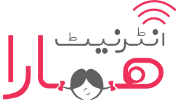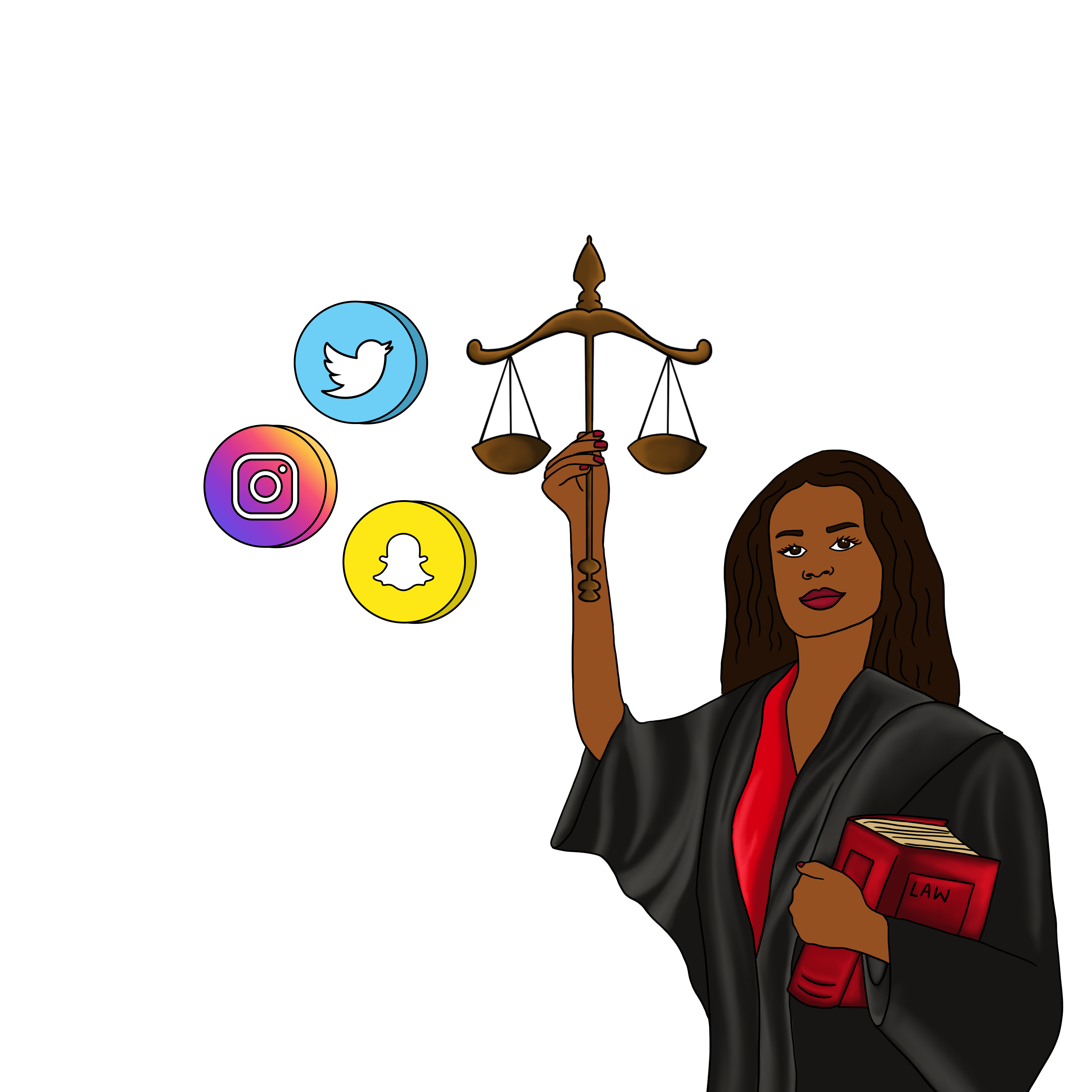This blog has been written by Tanzeela Mazhar, Member of DRF’s Network of Women Journalists for Digital Rights.
Why do women not feel safe on the internet ? This question doesn’t reflect situation in Pakistan particularly but this debate is happening all over the world.
Women from across the globe face the same kind of challenges which women in pakistan face. This issue needs to be looked at with a multipronged approach and many aspects need to be investigated and looked at cautiously. Inclusion of women in cyberspace was received with a variety of responses, if we analyse the generic response to women in cyberspace it gives very interesting insights, unfortunately the patriarchal trends are same in cyberspace as they are in real life.
Despite many challenges more and more women are claiming their space in online world. Patriarchy remains a hurdle with its typical objectives to discourage and undermine women even in cyberspace.
Apparently, a systemic abusive trolling aims at stopping women from expressing themselves; just the way it is being done in real life. Women with dissent face more online attacks, which clearly shows that ‘man’s world’ wants women to be less opinionated and less expressive.
Though the analysis of this situation is simple and straight; people who don’t accept women in real life , they refuse to accept women actively participating and making their voices heard on social media. Women don’t feel safe to express exactly what they want to express, they chose topics of their engagements more carefully to avoid expected abusive behaviour online. This has multiple effects on women’s mental well being, feeling insecure is one side of the story and facing risk on safety looks like a real challenge in present scenarios.
Online trolling against women is as dangerous as physical violence – in many cases online trolling has gotten translated into reality. Many women are reported to have either quit the social media or they have limited their activity. More interestingly there are no specific subjects women get trolled for, it seems to be about having an opposite opinion. It’s about trying to present women perspectives which is a threat to “mansplaining” of the social issues.
Discussions on crime against women is stereotyped and highly biased because of mansplaining. Women are blamed to invite harassment, incite violence against them and are judged on their appearances. Same trends reflect in online world, whenever any crime against women is reported online the patriarchal world gets activated to give it a twist by putting the blame on the victim. This hashtag culture is promoting stereotypes against women without realising it. Female journalists, politicians and activists face personal attacks and abusive language online all the time. Whether they are talking about human rights or freedom of expression or just giving an opinion about any political development.
Women are judged, mocked , ridiculed and intimated for their looks, appearance and character. Men do get trolled also, but they are never called characterless or they never get threats of rapes. This reflects on our deep rooted patriarchal mindset that denies women of their basic rights.
In the first place women in Pakistan had less access to Internet as compared to men but now the situation is much improved , the gender gap in internet users is not as bad as it is in other indicators.
We can see women actively participating on social media, women do express themselves on all important issues including politics and international relations. How do we improve this online experience of women? This is the question that needs to be answered by relevant governmental authorities.
Many cases of online abuse and violation of privacy of women are being reported to FIA, their response and redressal is not as positive as it should have been. Improving the existing legal framework and enforcing law should be a priority but most importantly how society can ensure a safe online space for women, does our system believe in creating a safe online space for women? This is something we should have an answer for.
If we look at this situation through the social lens, societies evolve on certain principles, respecting women is a common value endorsed by almost every society. Pakistani constitution advocates for women’s rights and ensure a respectable conducive environment for women in all fields of life. Our society’s morals give a special place to respecting our women, above all our religion has determined high grounds for respecting women, accordingly to religious values women should not be treated bad even if they belong to the enemy. Our culture and social media ignore these values conveniently.
Social media displays the worst kind of disrespect to women generally but opportunity in this challenge is more important to grab. Women’s perspectives have never reached out to this large public opinion at all levels before this, there must be a systematic approach to use this opportunity to change gender approach in our society. Women collectively can lead the whole discourse towards a more healthy and conducive society for women to express their views freely and shape the future.





